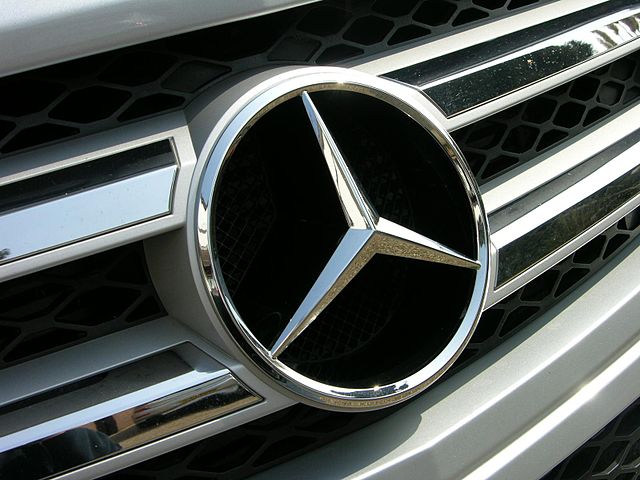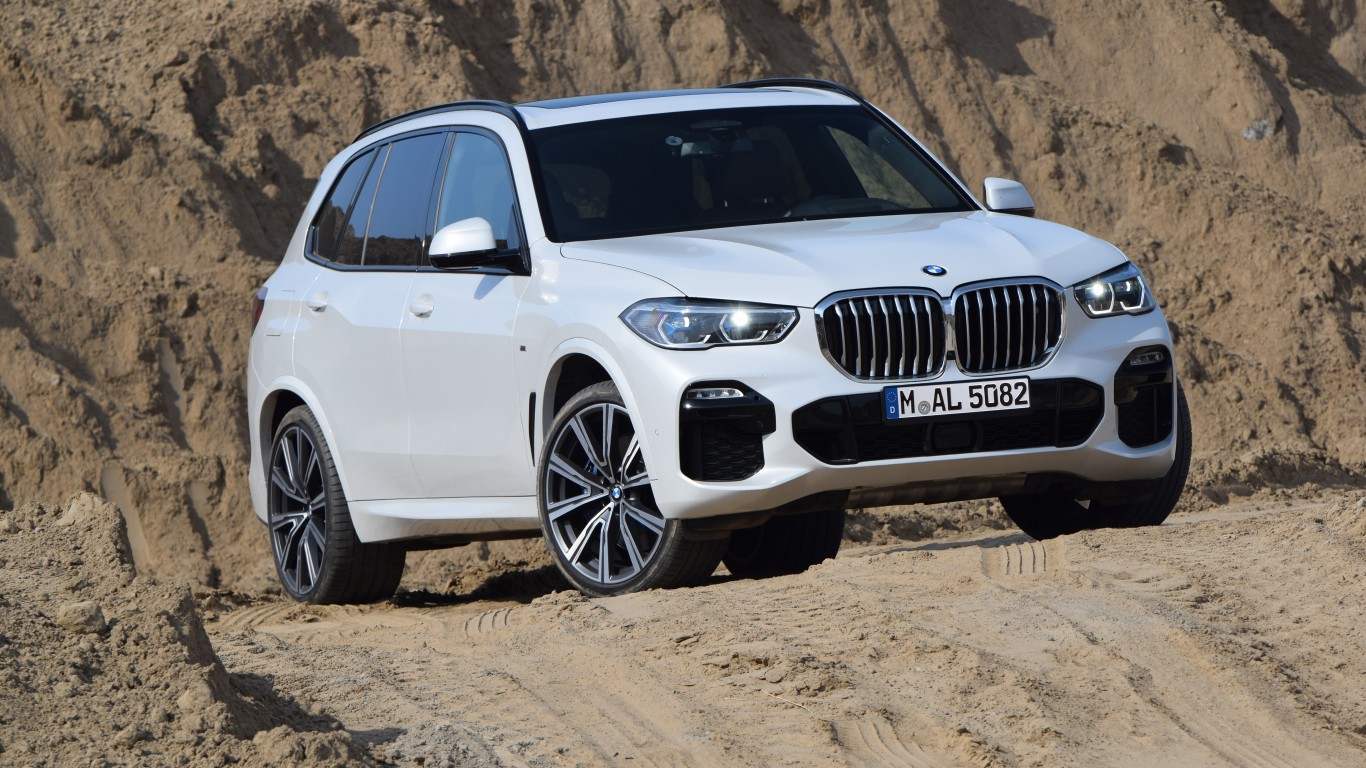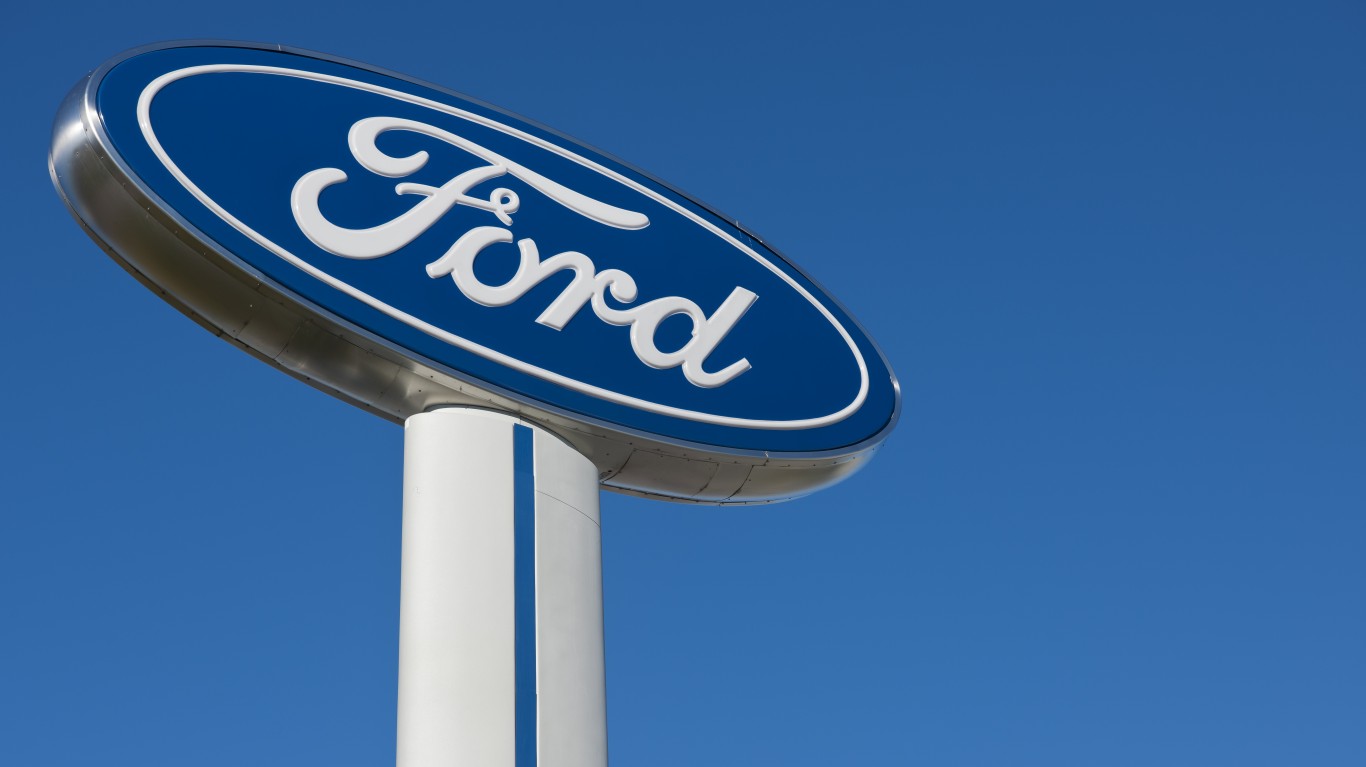
The Guardian reported Friday morning that diesel vehicles manufactured by Mercedes-Benz, Mazda, Honda and Mitsubishi all emit “significantly more pollution on the road than in regulatory tests.” The testers found no evidence of a device designed to defeat the tests, as was found with the Volkswagen cars.
The data released Friday morning were reported by a U.K. company called Emissions Analytics, which says that it was formed to “overcome the challenge of finding accurate fuel consumption and emissions figures for road vehicles.” On its website the company notes:
[I]n the European market, we have found that real-world emissions of the regulated nitrogen oxides are four times above the official level, determined in the laboratory. Real-world emissions of carbon dioxide are almost one-third above that suggested by official figures. For car buyers, this means that fuel economy on average is one quarter worse than advertised. This matters, even if no illegal activity is found. These differences may well be explained by limitations in the official system, rather than through illegality.
ALSO READ: Do Diesel Cars Have a Future After VW Scandal?
Last week The Guardian revealed that diesel vehicles from several manufacturers, including Fiat Chrysler Automobiles N.V. (NYSE: FCAU), Renault, Nissan, Hyundai, Citroën and Volvo, also emitted substantially higher levels of pollution when tested in real-world driving conditions, according to research by a German automobile association known as ADAC.
More than half of all passenger vehicles sold in Europe are diesel-powered, compared with less than 5% of all new cars sold in the United States. These revelations are a very big deal for automakers trying to sell diesel cars in the European Union.
A European emissions expert told The Guardian:
These new test results [from Emissions Analytics] prove that the Volkswagen scandal is just the tip of the iceberg. What we are seeing here is a dieselgate that covers many brands and many different car models. The only solution is a strict new test that takes place on the road and verified by an authority not paid by the car industry.
It was inevitable that the emissions cheating scandal with Volkswagen’s diesel cars would lead to more testing of diesel-powered cars and light trucks. It was also highly likely that Volkswagen wouldn’t be the only company whose cars exceeded pollution limits in real-world driving. Done and done.
ALSO READ: 10 Cars Most Likely to Be Dumped
100 Million Americans Are Missing This Crucial Retirement Tool
The thought of burdening your family with a financial disaster is most Americans’ nightmare. However, recent studies show that over 100 million Americans still don’t have proper life insurance in the event they pass away.
Life insurance can bring peace of mind – ensuring your loved ones are safeguarded against unforeseen expenses and debts. With premiums often lower than expected and a variety of plans tailored to different life stages and health conditions, securing a policy is more accessible than ever.
A quick, no-obligation quote can provide valuable insight into what’s available and what might best suit your family’s needs. Life insurance is a simple step you can take today to help secure peace of mind for your loved ones tomorrow.
Click here to learn how to get a quote in just a few minutes.
Thank you for reading! Have some feedback for us?
Contact the 24/7 Wall St. editorial team.




